
Equine Innovators: African Horse Sickness With Dr. Peter Timoney
University of Kentucky researcher Dr. Peter Timoney talks about the deadly African horse sickness and what it will take to prevent its arrival in unaffected countries.

University of Kentucky researcher Dr. Peter Timoney talks about the deadly African horse sickness and what it will take to prevent its arrival in unaffected countries.
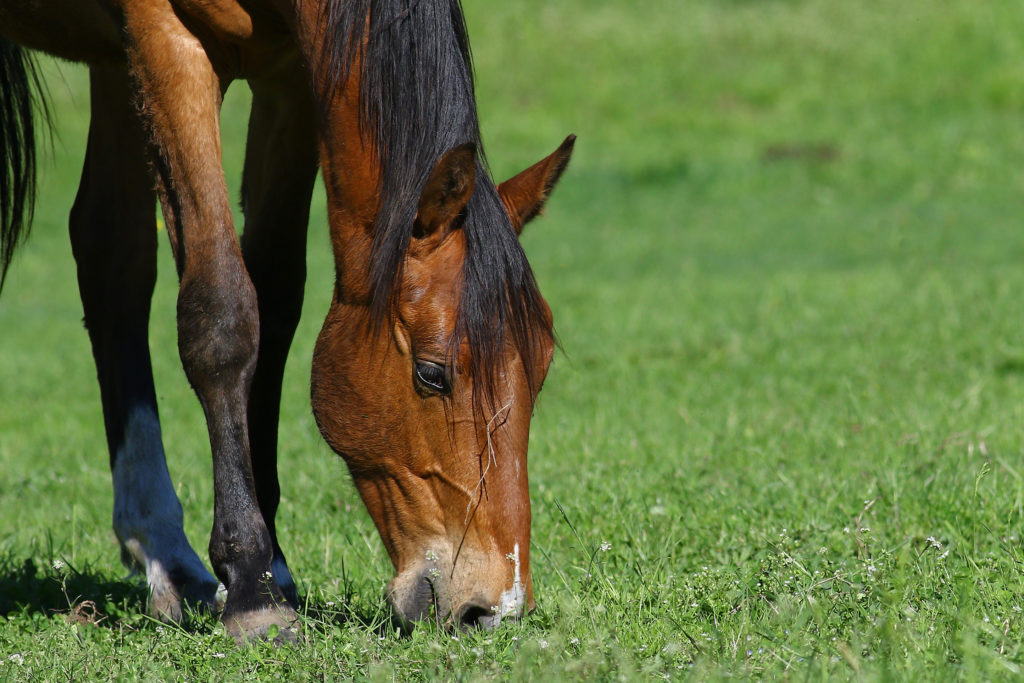
We often hear that forage is the most important part of the equine diet. But what exactly counts as “forage”? Dr. Stephen Duren of Performance Horse Nutrition explains.

Equine nutritionists and veterinarians agree: Forage should be the cornerstone of the equine diet. Our experts answered your questions about hay, beet pulp, alfalfa, pellets, and more. Discover what they had to say! Sponsored by Standlee Premium Western Forage.

Readers submitted photos and stories of their horses that are important to them.

Vitamin E and selenium are often packaged and marketed together in supplements. Find out why from researcher Dr. Carrie Finno of the University of California, Davis.

What is the best way to test for vitamin E deficiency, and how often should you test your horse? Dr. Carrie Finno of the University of California, Davis, offers advice.
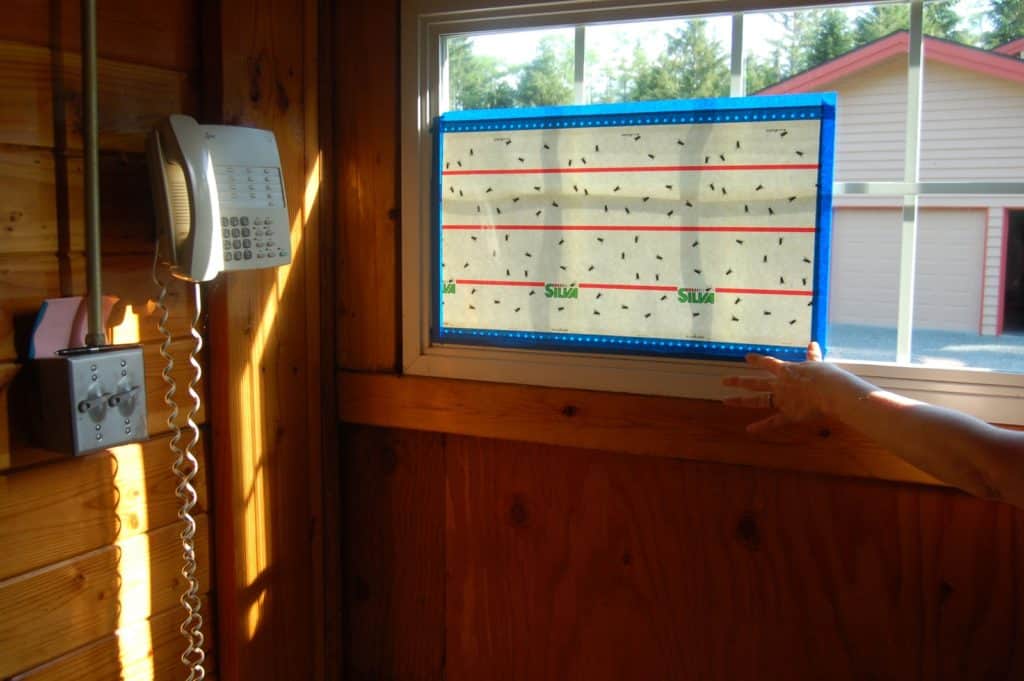
Discover options to help protect your horses from mosquitoes and other flying insects.
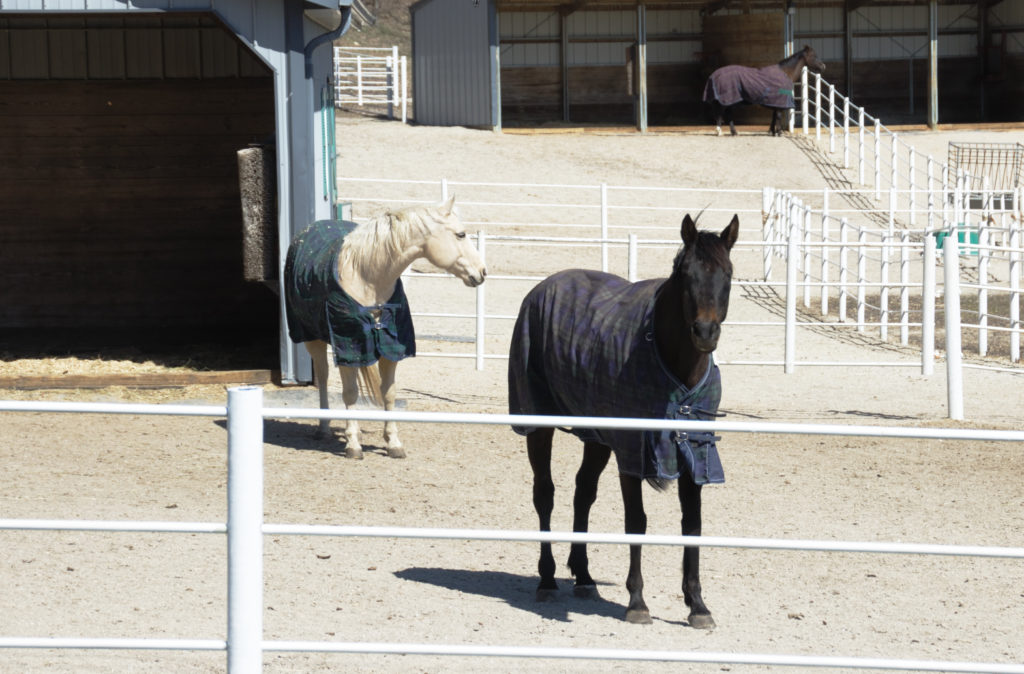
Your horse might not be getting enough vitamin E and not show any obvious signs. Or, he could have severe disease. Dr. Carrie Finno explains.
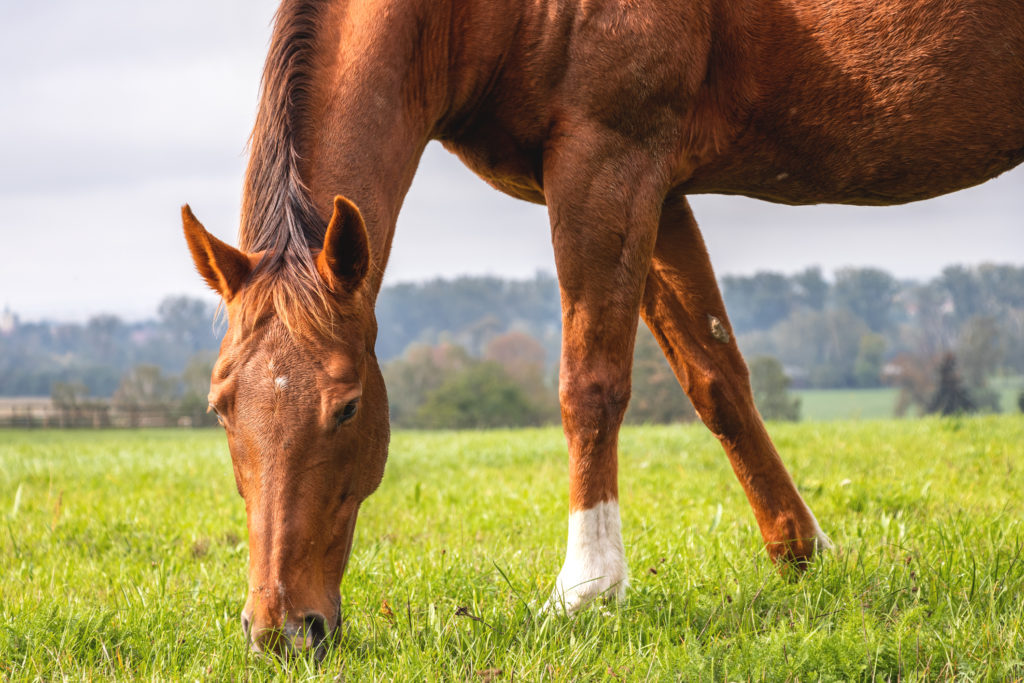
Researcher Dr. Carrie Finno of the University of California, Davis, explains the important role vitamin E plays in neuromuscular and reproductive health for horses.
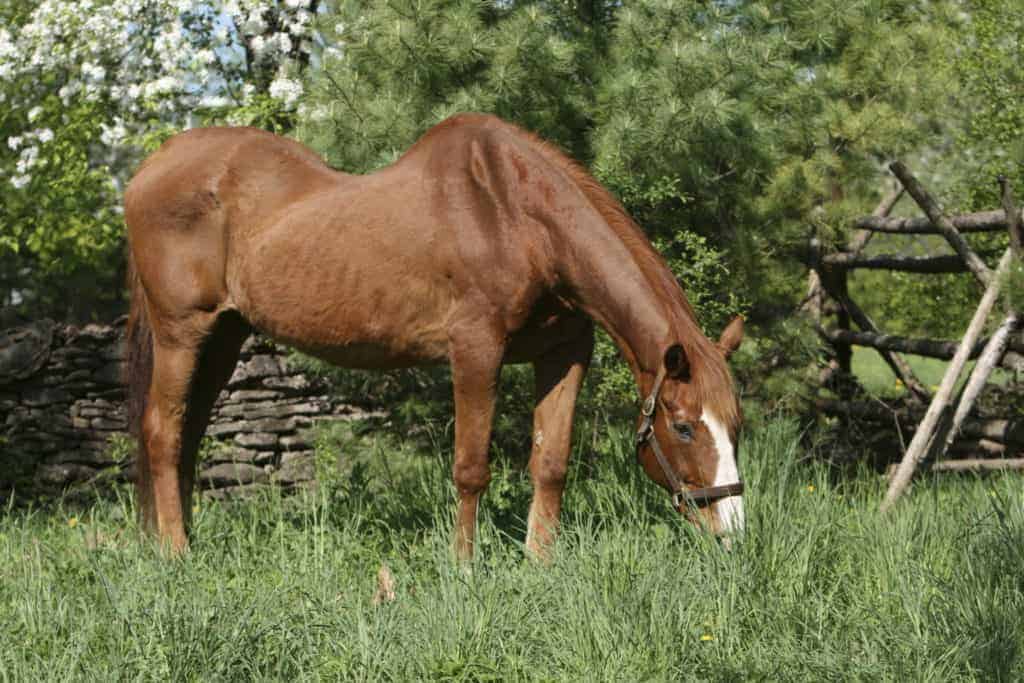
As horses get older, they face common age-related conditions and diseases that require management and care. Learn more about those conditions and diseases in this slideshow.

Few horses are lucky enough to have constant, year-round access to fresh, green grass, which provides the best natural source of vitamin E. This powerful antioxidant supports muscle and nerve health. Is your horse getting enough? Learn about horses’ vitamin E requirements and how to prevent deficiencies during this live event. Sponsored by Kentucky Performance Products.
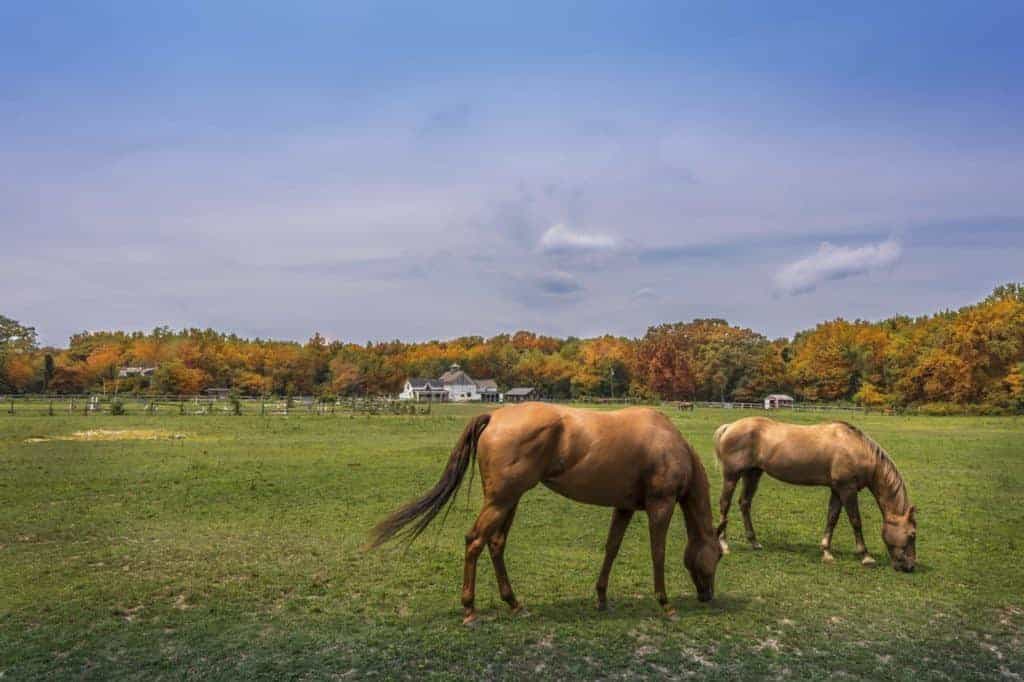
Without a doubt, horses are hard on pastures. Equine forage researcher Krishona Martinson, PhD, MS, of the University of Minnesota, offers tips on helping an overgrazed pasture recover.

Drs. Susan White and Ann Rashmir offer insight on which allergy test is best and their role in managing itchy horses.

University of Kentucky researcher and equine industry economist Dr. Jill Stowe gives a glimpse of how COVID-19 is impacting the horse world and looks at the financial challenges that lie ahead.
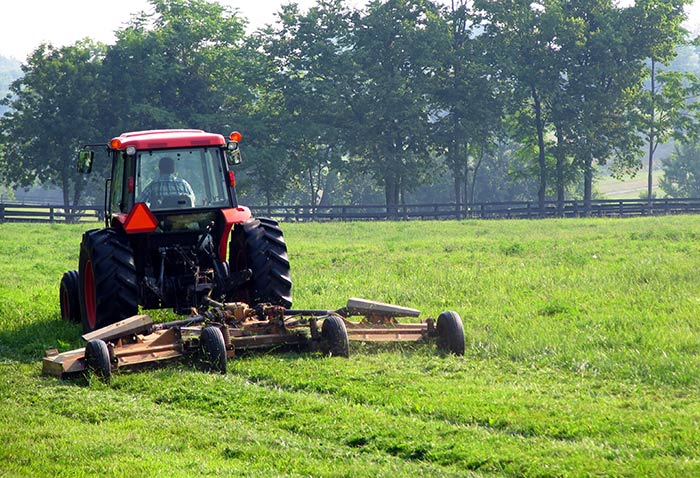
Equine forage researcher Krishona Martinson, PhD, MS, of the University of Minnesota, explains when to mow a horse pasture and how long to let them grow.

Equine forage researcher Krishona Martinson, PhD, MS, of the University of Minnesota, explains the steps involved in turning newly cleared property into a productive horse pasture.
Stay on top of the most recent Horse Health news with
"*" indicates required fields